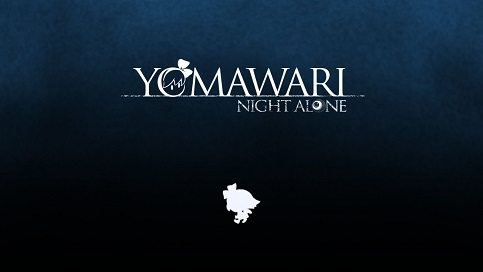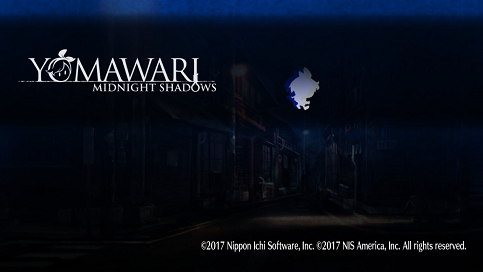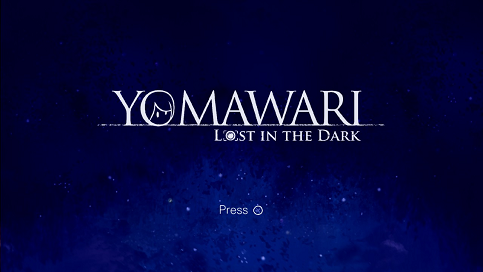
EDITOR'S NOTE:

![If you die when you first try this section, don't be too... Cut up... About it.
[You're fired. - The Editor]](images/htolniq/htolniq14.jpg)



 htoL#NiQ: The Firefly Diary  (Japanese Release - 2014) (English Release - 2015) (Version Reviewed: PS Vita) |
 A Rose in the Twilight  (Japanese Release - 2016) (English Release - 2017) (Version Reviewed: PS Vita) |
 Yomawari: Night Alone  (Japanese Release - 2015) (English Release - 2016) (Version Reviewed: Windows) |
 Yomawari: Midnight Shadows  (Worldwide Release - 2017) (Version Reviewed: Windows) |
 Yomawari: Lost in the Dark  (Worldwide Release - 2022) (Version Reviewed: Windows) |